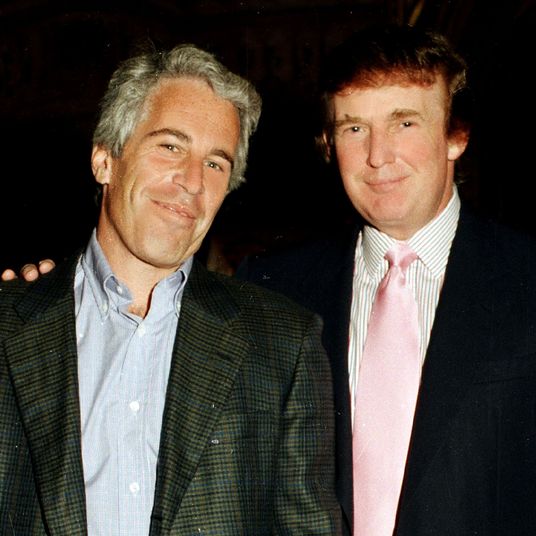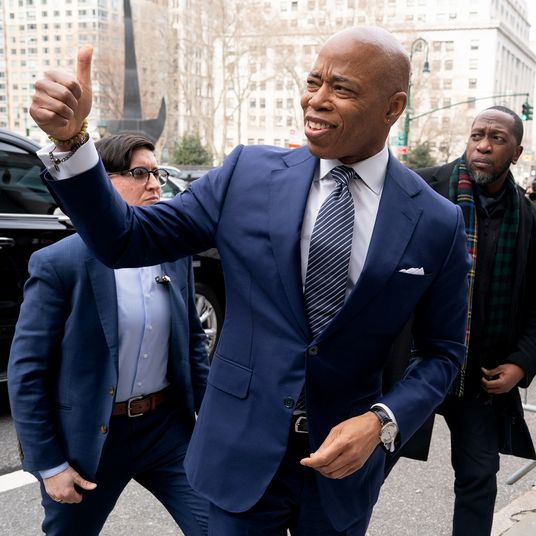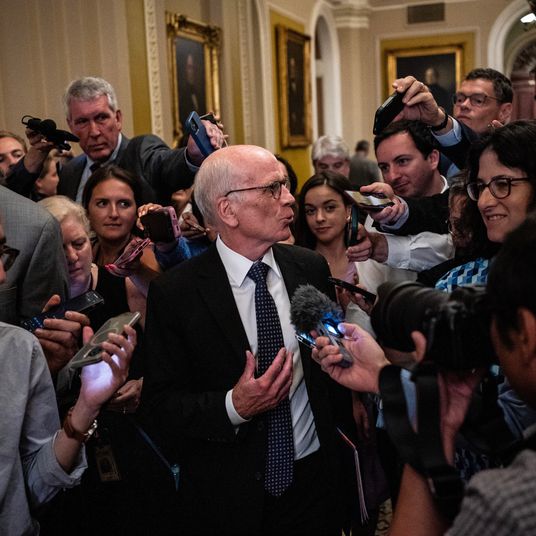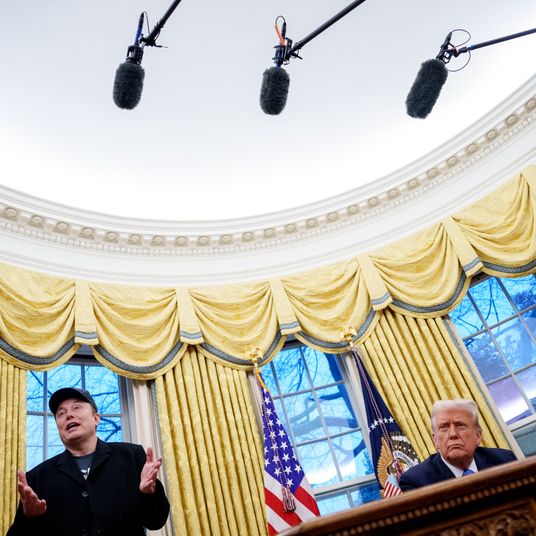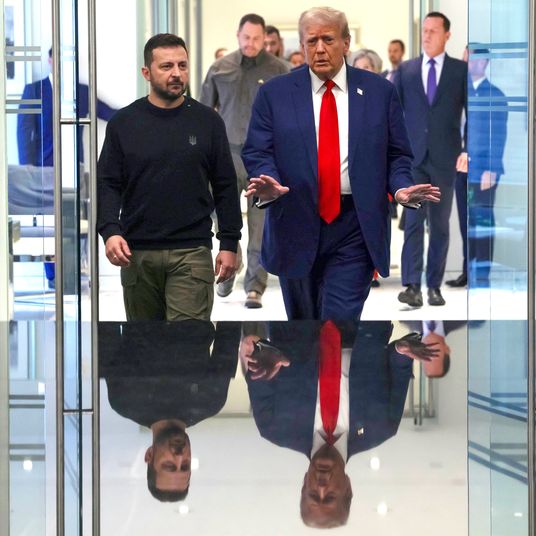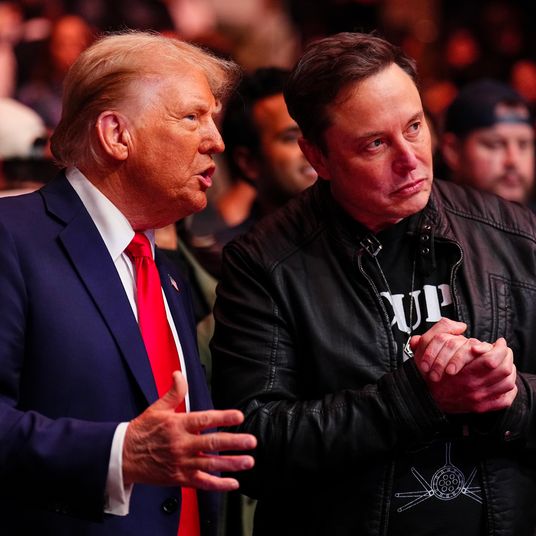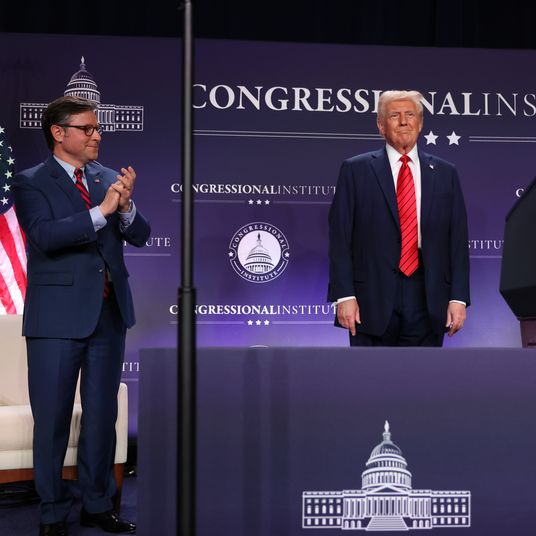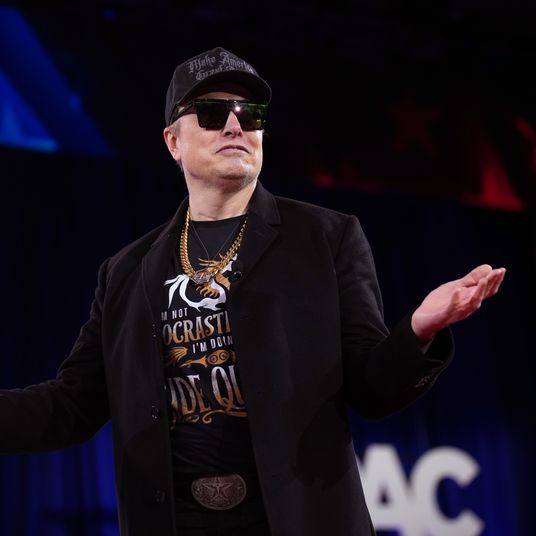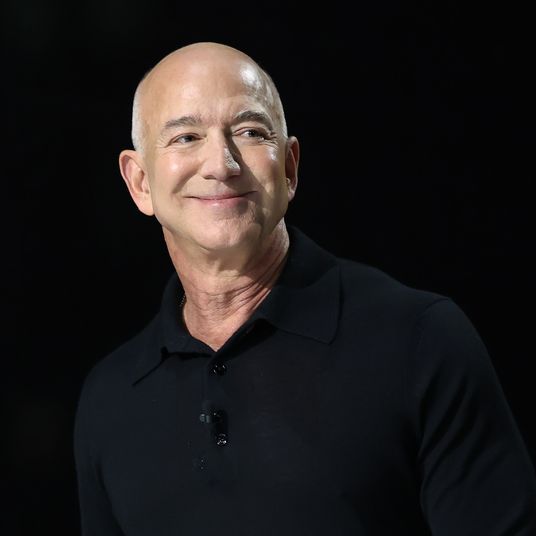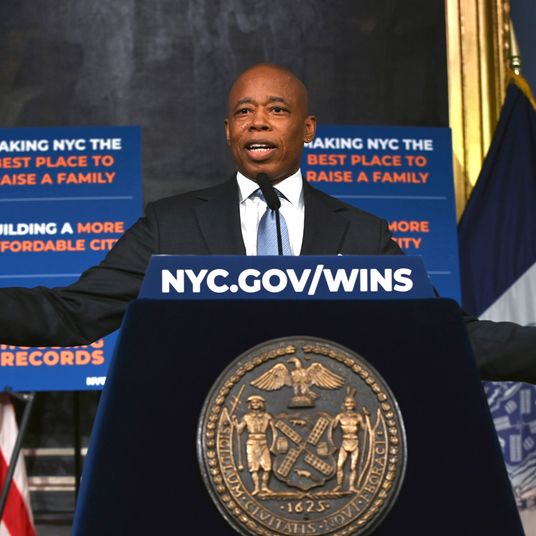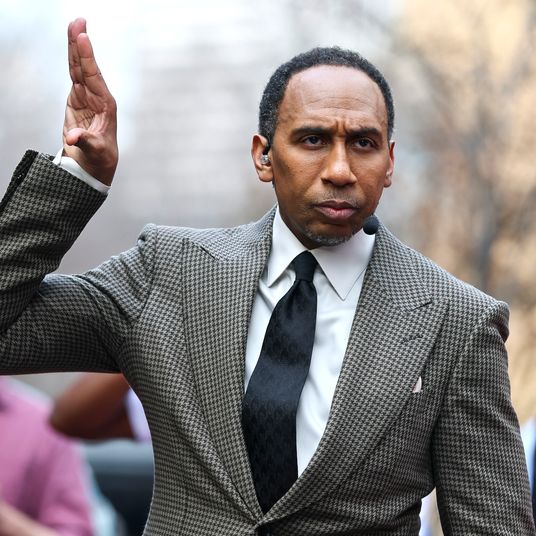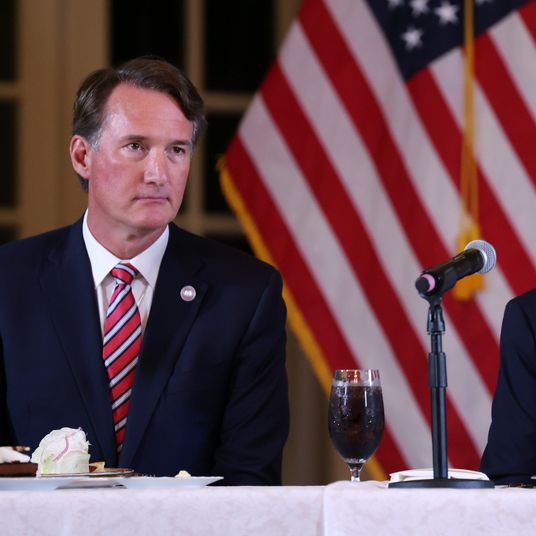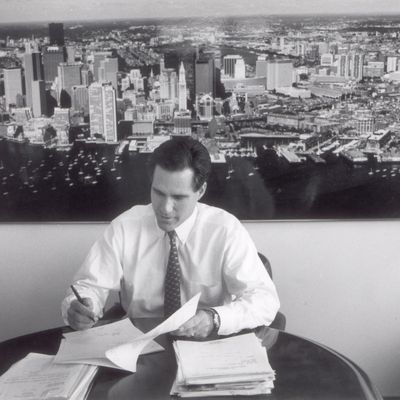
The debate over Mitt Romney’s tenure at Bain Capital is strange and discomfiting because it is a nonsense argument within a nonsense argument. The original nonsense argument is Mitt Romney’s claim that his business experience lends him unique insight into solving the economic crisis. In fact, the considerable skills Romney displayed in business tell you nothing about whether his economic policies would address the recession. Rather than make that complicated point, President Obama and his allies instead have attacked Romney’s record itself. And what they’re saying is, on the basis of the facts available to us, untrue.
Given the centrality this has taken within the campaign, I wish I had focused on it sooner, because the most narrow point here is the most important: The ads attacking Romney are based on pure conjecture. Obama has an ad saying of Romney, “he shipped jobs to China and Mexico.” But Bain Capital did those things after Romney stopped running the company. It would be accurate to say that Romney’s firm did those things, and fair — in my opinion — to hold Romney largely responsible for his firm’s work. But Obama isn’t saying Romney’s firm shipped jobs overseas, he’s saying Romney shipped jobs overseas.
That depends on showing that Romney was more involved in the company than he says, and that his former partners say. Reporting by Talking Points Memo, Mother Jones and the Boston Globe has shown that Romney’s formal ties to Bain Capital did continue even after he took a leave of absence, and the Huffington Post today shows that Romney participated in board meetings of a Bain-owned firm. Romney has so far refused to say whether he held meetings or made decisions after officially stepping down. But the best explanation so far is the one Intel Kevin made yesterday (and was bolstered by John King’s reporting): When he officially stepped down, Romney remained the titular head of Bain Capital, legally responsible but not making any managerial decisions.
The existence of a “larger truth” does not justify the Obama campaign’s ads that assume a role that they haven’t proven and probably isn’t accurate. But there is a larger truth here. Ben Wallace-Wells’s narrative about Romney’s business career explains how pivotal a role he played in reshaping the face of the American economy. (The piece is extremely fair and in many ways flattering to Romney — National Review’s Reihan Salam praised it fulsomely.) In the quarter century after World War II, the economy grew rapidly and also grew more equal, and workers grew accustomed to job security in a world where social ties bound executives (like George Romney) from ruthlessly paring their workforce or paying themselves exorbitantly. Ben quotes Neil Fligstein, an economics-sociology professor at the University of California, Berkeley, who told him that Romney and his Bain colleagues “were agents of the shareholder value revolution.” This is a way of saying they helped transform the economy into a place where the owners of capital were able to extract every last drop of value from their firms, which made the face of the business world both more productive and more cruel.
Now, what this development tells you about governing the country is another matter altogether. My conclusion is that, as businesses found they either didn’t need to or could no longer afford to carry the burden of social responsibility to their communities they once carried, the job of doing so has to fall upon the government. That is, you can be a pro-Bain liberal. There are other conclusions one could draw, of course, as Romney seems to have done. But the main point is that the role of business is different than the role of government — even if you deny that businesses have social responsibilities, government still does. (That’s a point Obama himself made yesterday.)
Romney’s political problem is that the changes to the business world he helped unleash are unpopular. Whether or not the old world of benevolent corporations of the sort his father ran are justifiable or can survive in a global economy, people liked them. The notion that businesses have no obligation save making money for their shareholders is a hard sell, both conceptually and in the practical outcomes it creates, like mass layoffs. Romney is attempting to portray his business experience as “creating jobs,” but he was actually in the business of creating wealth. Obama has every right to expose that contradiction. He doesn’t have a right to make things up in the process.
Update: Numerous revelations today cast severe doubt on Romney’s claim to have abandoned any role with Bain in 1999. I’ll reevaluate again soon, but as of now it looks like the rigid distinction between Bain’s work before his leave of absence and after – the distinction that forms the basis of all the fact-checkers’ judgments that Obama’s ad is false – has crumbled.







